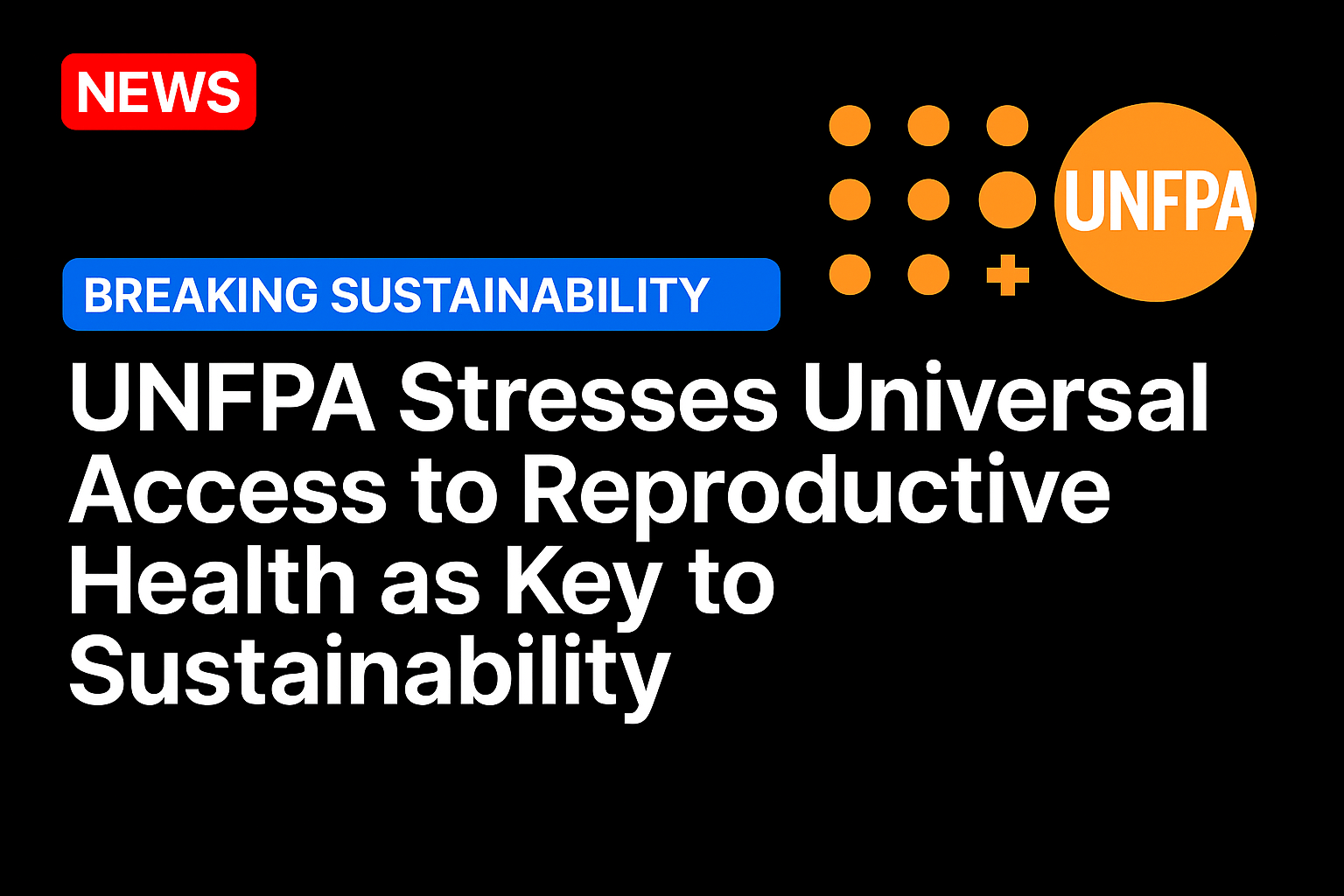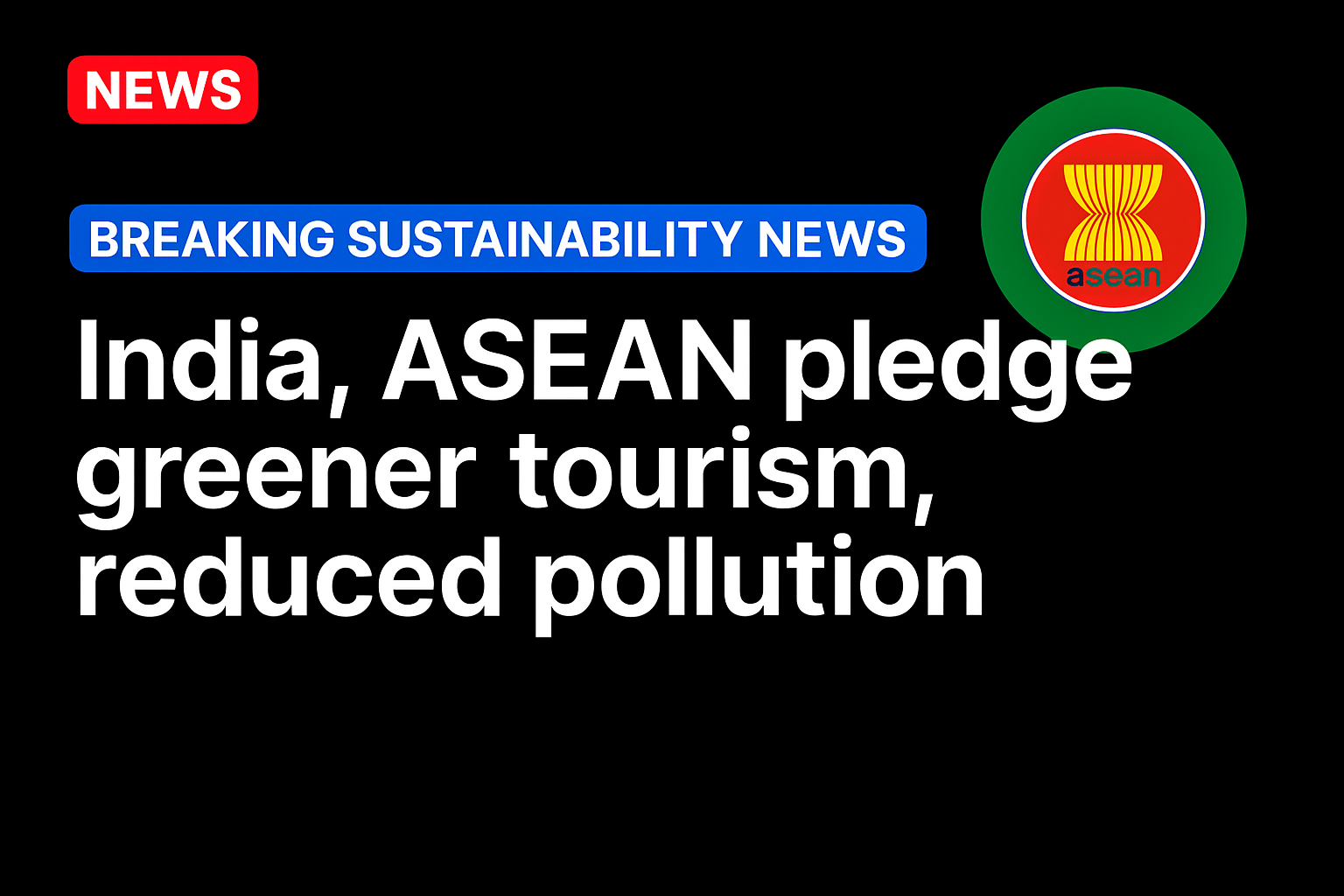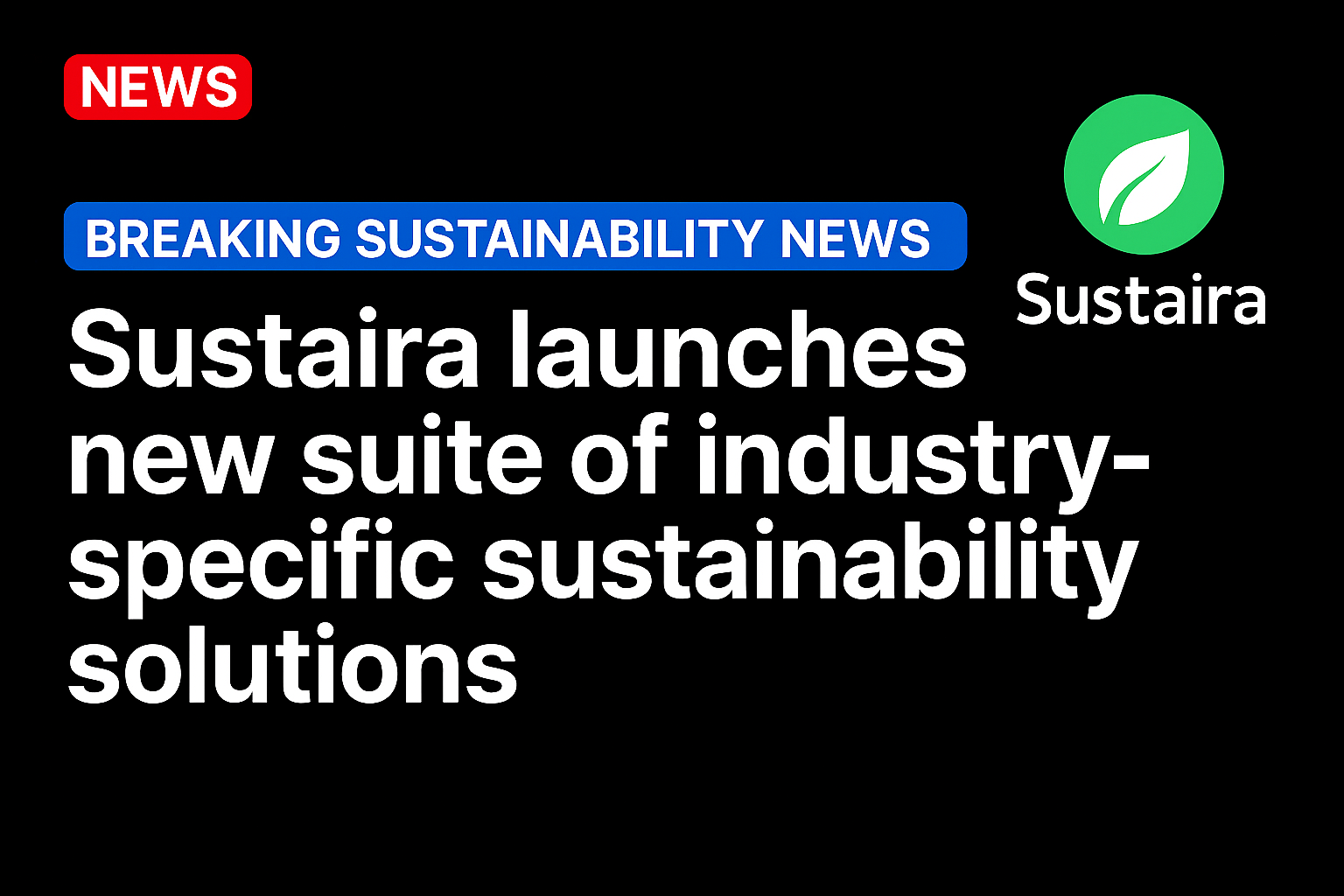The UN Population Fund (UNFPA) is emphasizing that universal access to reproductive and sexual health services is a fundamental pillar of sustainable development, urging governments and stakeholders to integrate reproductive health rights into policies for a resilient future.
🎯 Rights-Based Access Drives Sustainable Goals
UNFPA reiterates that universal reproductive health care—covering family planning, maternal care, and sexuality education—is essential for achieving Sustainable Development Goal 3.7 and SDG 5.6, which promote health and gender equality TIME+7Wikipedia+7WIRED+7.
🚨 Threats to Progress, Uneven Gains
Despite improvements—such as a nearly 20% drop in unintended pregnancies since 1990 and significant reductions in maternal deaths—progress has slowed, and disparities remain stark. Political pushbacks, rising inequalities, and fragmented health systems are slowing or reversing gains .
🛠️ Sustainable Solutions in Action
UNFPA is advocating for:
- Legal frameworks that guarantee equal reproductive rights Population Institute+15United Nations Population Fund+15World Health Organization+15.
- Workplace health programs, partnering with businesses across Asia and the Pacific to deliver services to employees—especially vulnerable women UNFPA Asiapacific.
- Targeted support for migrants, youth, rural populations, and marginalized communities to close access gaps United Nations Population Fund+15PMNCH+15UNFPA Asiapacific+15.
🌍 Impact on Global Sustainability
Access to reproductive health is not just a matter of personal well-being—it influences environmental resilience and economic growth. Family planning helps stabilize fertility rates, supports gender equity, and contributes to climate sustainability TIME+7Wikipedia+7United Nations Population Fund+7.
Bottom line: Universal reproductive health access is a cornerstone of sustainable development. UNFPA calls on nations, businesses, and communities to act now—ensuring rights-based, equitable reproductive services that support healthy societies and a sustainable planet.





